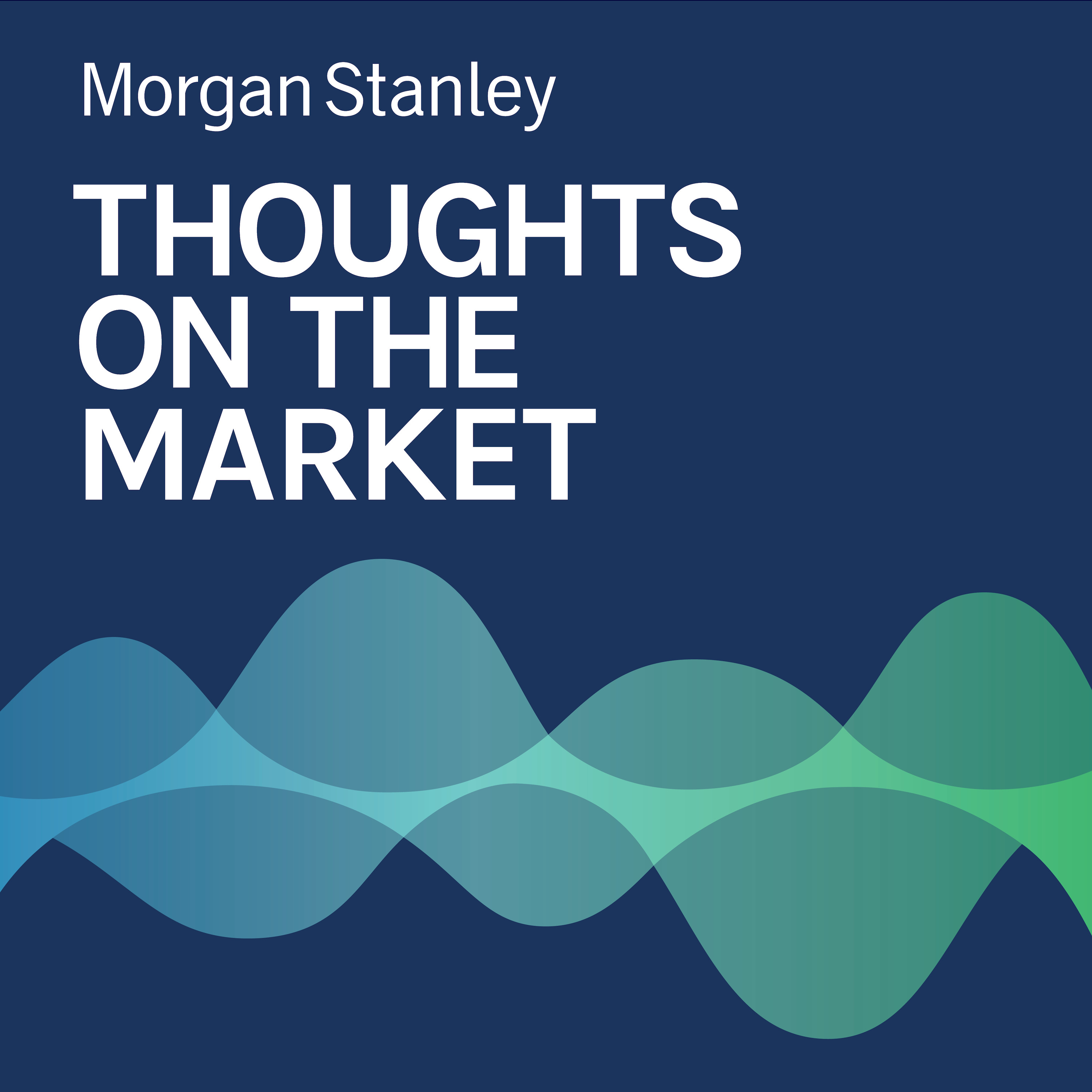Andrew Sheets: Systematic vs. Subjective Investing

b"
Investing strategies can be categorized into two broad categories: subjective and systematic. While some prefer one over the other, the best outcomes are realized when they are used together.
----- Transcript -----
Welcome to Thoughts on the Market. I'm Andrew Sheets, chief cross-asset strategist for Morgan Stanley. Along with my colleagues, bringing you a variety of perspectives, I'll be talking about trends across the global investment landscape and how we put those ideas together. It's Monday, January 31st at 2:00 p.m. in London.
There are as many different approaches to investing as there are investors. These can generally be divided into two camps. In one, which I'll call \\u2018subjective,\\u2019 the investor ultimately uses their own judgment and expertise to decide what inputs to look at, and what those inputs mean.
Reasonable people often disagree, what variables matter and what they're telling us, which is why at this very moment you can find plenty of very smart, very experienced investors in complete disagreement over practically any investment debate you can think of.
A lot of the research that myself and my colleagues at Morgan Stanley do fall into this more subjective camp. We're constantly in the process of trying to decide which variables matter and what we think these mean. But there's another approach which I'll call \\u2018systematic.\\u2019 Systematic investing is about writing down very strict rules and then following them over and over again, no matter what, with no leeway. Think of it a bit like computer code, if A happens - I will do B.
The advantage of this systematic approach is that it isn't swayed by fear, or greed, or any other weaknesses in human psychology. The drawbacks are that very strict rules may not be flexible enough to adjust for genuine changes in the economy, in markets, or large, unforeseen shocks like a global pandemic. Think about it this way: Autopilot has been a great technological innovation in commercial aviation, but we all still feel much better knowing that there is a human at the controls that can take over if needed.
I mention all this because alongside our normal subjective research, we also run a systematic approach called our Cross Assets Systematic Trading Strategy, or CAST. CAST looks at what data has historically been most meaningful to market returns, and then makes rule-based recommendations on where that data sits today.
For example, if the key to investing in commodities historically has been favoring those with lower valuations, higher yields, and stronger recent price performance, CAST will look at current commodities and favor those with lower valuations, higher yields, and stronger recent price performance. And it will dislike commodities with the opposite characteristics. CAST then applies this thinking across lots of different asset classes and lots of different characteristics of those asset classes. It looks at equities, currencies, interest rates, credit and, of course, commodities.
At the moment there are a number of areas where our systematic approach CAST and are more subjective strategy work, are in agreement. Both approaches see US assets underperforming those in the rest of the world. Both expect European stocks to outperform European bonds to a large degree. Both see higher energy prices, and both see underperformance in mortgages and investment grade credit spreads.
When thinking about systematic versus subjective investment strategy, there's no right answer. But like our pilot analogy, we think things can work best when human and automated approaches can complement each other and work with each other.
Thanks for listening. Subscribe to Thoughts on the Market on Apple Podcasts or wherever you listen and leave us a review. We'd love to hear from you.
"